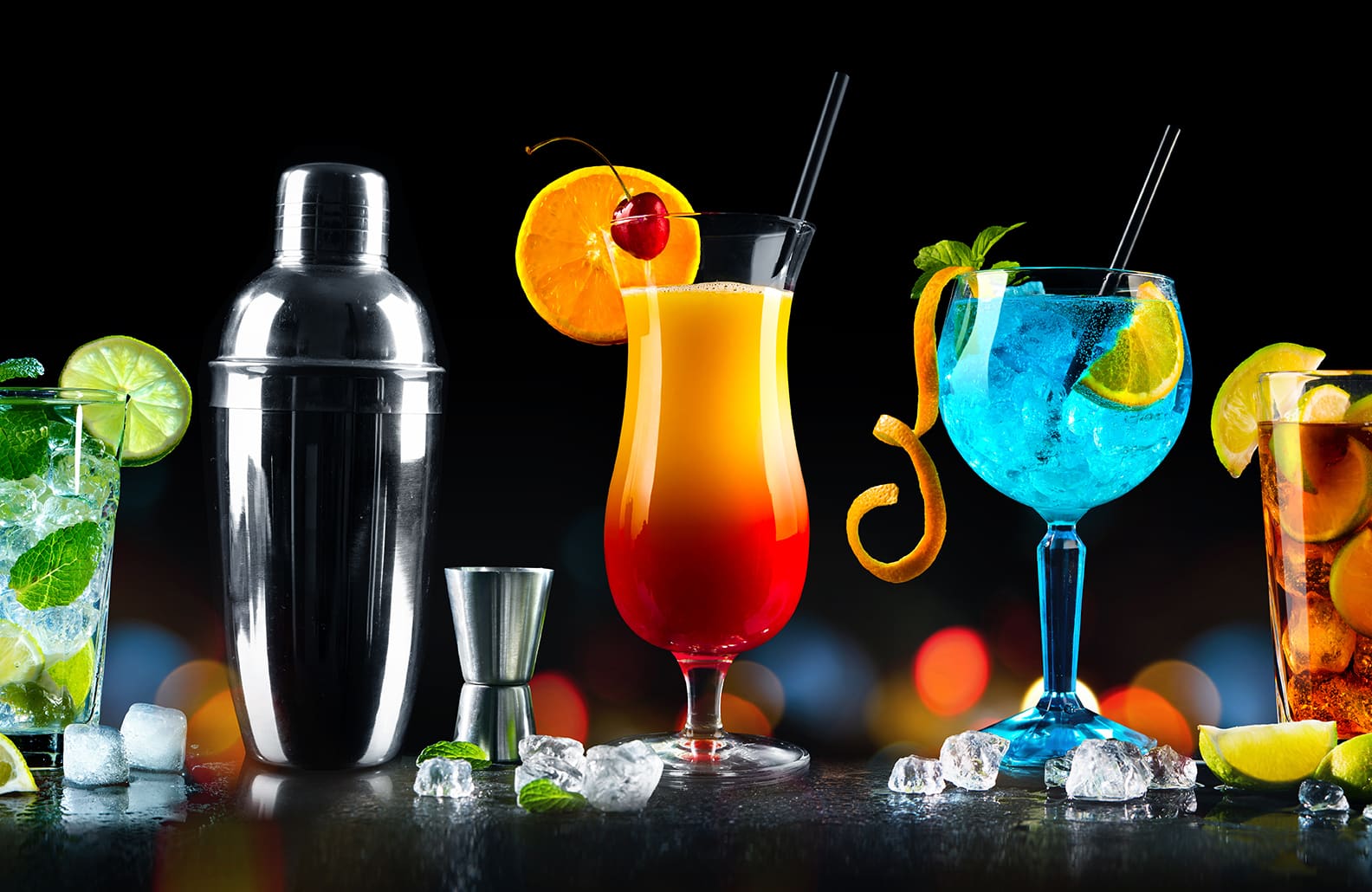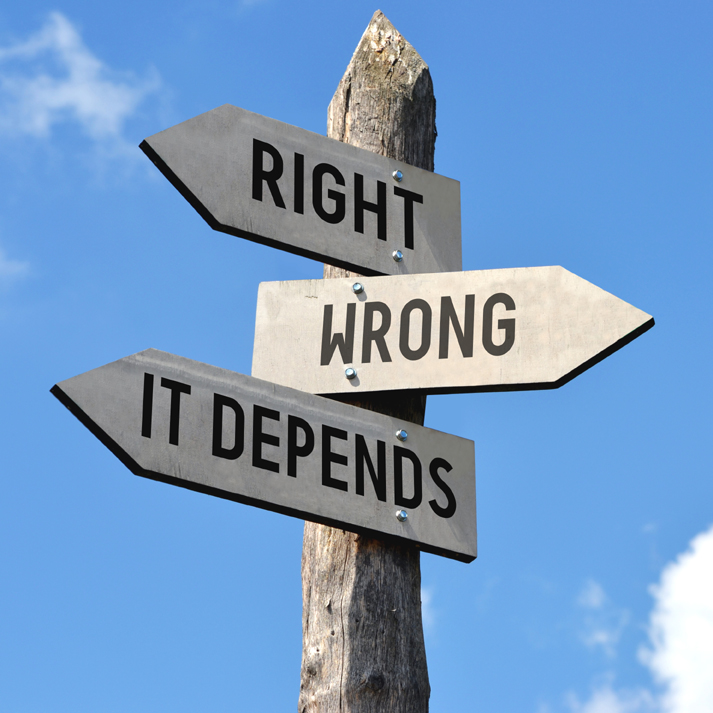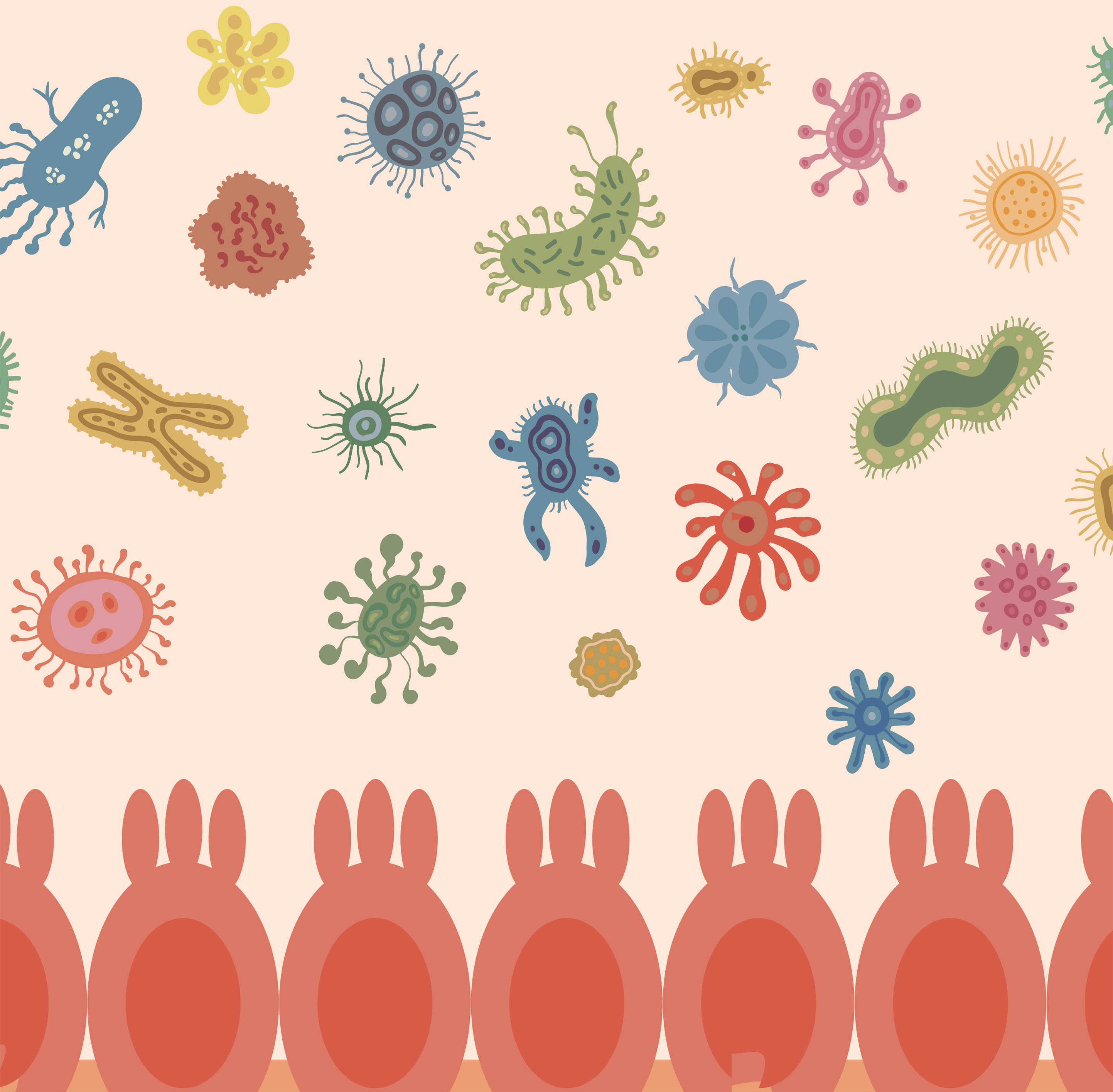
Does Drinking Alcohol Cause Acid Reflux?
At-A-Glance
- If you go out partying, then come home with a buzz and fall asleep on the sofa, you have a 99% chance of refluxing all night long, and you will probably awake in the morning with a “whiskey voice,” too.
- Alcohol is a trigger for acid reflux (GERD & LPR); the mechanism is that alcohol (ethanol) directly (pharmacologically) relaxes the LES or lower esophageal sphincter (the valve between the stomach and the esophagus); and the with low LES pressure, it opens and you reflux.
- When it comes to causing reflux, beer, wine, liquor (on-ice or neat), mixed drinks, and fancy cocktails are not all created equal. Some alcoholic beverages are worse than others, that is, are more likely to cause reflux; for example, white wine is generally worse for the refluxer than red wine.
- The more alcohol you consume, especially late at night, the more likely you are to reflux; and having a nightcap, alcohol before bed, is the kiss of death. It’s he worst thing you can do if you have reflux … if you have a nightcap, you pretty much insure that you will have acid reflux all night.
- If you are a big drinker, you are also a big refluxer, albeit usually Silent Nighttime Respiratory Reflux (LPR).
Alcohol (ethanol) is a powerful trigger for all types of acid reflux (GERD, LPR, Respiratory Reflux, and Silent Reflux). The mechanism is pharmacologic, that is, ethanol directly relaxes the LES or lower esophageal sphincter (the valve between the stomach and the esophagus), opening it with the ensuing backflow of the gastric contents, i.e., reflux.
The more you drink the more likely you are to have reflux, as the amount of alcohol is an important factor. You make be able to get away with one or possibly two drinks, but if you get drunk, you are going to have reflux all night, even if you have no idea that it is happening.
In the list of most potent reflux triggers, alcohol probably ranks first, that is, it is the #1 reflux trigger. My next blog will be on common reflux “trigger” foods and beverages.
I like Drinking, So What Can I Get Away With?
People drink for a variety of reasons. Some use it to self-medicate, to ease feelings of anxiety, self-consciousness, and inhibition. Have you ever been to a party where no one had anything to say until everyone had a glass of wine or two? Some people drink just to be social, especially people who are oenophiles (i.e., lovers, connoisseurs of wine); apparently, this “hobby” has intellectual, social, and physiological appeal. Finally, some people drink to get drunk … for a variety of reasons, including alcohol addiction, a desire for loss of control, to eradicate pain, etc.
People who drink and Use Tobacco or Nicotine Products have a greatly increased risk of developing respiratory and digestive tract diseases, including cancer, e.g., cancer of the mouth, throat, lung, or esophagus. The adverse interaction between tobacco and ethanol is synergistic. If tobacco and alcohol each (separately) increase the risk of cancer three-fold; together they increase the risk fifteen-fold; the bad effects are more than multiplied! As I have said before: You can get cancer without smoking, but not without reflux. So if you smoke/chew/vape and drink, it is time to make important health decisions (changes).
What you should do about alcohol consumption depends upon where you are on the drinking spectrum and the reflux spectrum. What that means is that if you are already drinking too much (and know it); get help! For a start, you can do Dry January any month. And if you have severe reflux with any of the following symptoms/conditions — asthma, shortness of breath, choking episodes, difficulty swallowing, globus, chronic cough, voice change, snoring, sleep apnea — assume that you have Respiratory (LPR) Reflux, period … and it’s time to take the bull by the horns.
My recommended approach to reflux treatment is all over this blog, but in a nutshell, it might be divided into three phases: Induction (detox), transition, and maintenance phases. During induction and early-transition, the amount of alcohol you should be drinking is ZERO.
If at some point when you add back alcohol, it must be in moderation. That said, only half of refluxers can get away with drinking any alcohol at all, even after their reflux is under good control. For the other half, if you drink, you reflux; drink tonight to reflux tonight. That is how powerful alcohol is for some people as a reflux trigger.
If I Have Acid Reflux, What Can I Drink that Does the Least Damage?
After your reflux is under control, after your detox period, what are the best and worst alcohol choices for you? Let me acknowledge here, that I have not done a scientific study of that question; however, after decades taking care of tens-of-thousands of reflux patients, what emerges here is “consensus” of the information that I have gleaned.
What to avoid? First, generally avoid mixed drinks; seltzer, soda, and fruit juices are all very acidic. (They make reflux worst by activating tissue-bound pepsin wherever it lives.) Second, avoid carbonation; the bubbles increase the pressure in your stomach, which increases the likelihood of reflux. Third, avoid beverages containing caffeine, like coffee-based liquors, which also have the effect of directly lowering LES pressure.
Recommendations?
So what can I drink? Well, the first answer is ONE, whether it be beer, wine, beer, liquor or something else. Here is what I suggest as the better choices.
In general, wine is better than beer, because there is no carbonation.
Best wine: Red 4-6 ounce serving; Red is better than white, and the worst whites are Chardonnay, Procecco, and Champagne, all more acidic with carbonation, too.
Best liquor: Vodka (potato vodka may be best), 2-3 ounces on the rocks with or without a splash of water and/or a twist of lemon. Note: the lemon twist is made from the covering of the lemon, and while it contains flavorful lemon zest, it is non-acidic. A twist has lots of good flavor.
Conclusions
Alcohol (ethanol) is a powerful reflux trigger. It must be completely avoided during the early phases of reflux treatment, and when added back later, it should be added in moderation, ONE.
Please remember that for many people, alcohol is such a powerful reflux trigger that one glass/drink/cocktail may result in reflux; that means that some refluxers should simply become teetotalers if they wish to maintain long-term reflux control.









